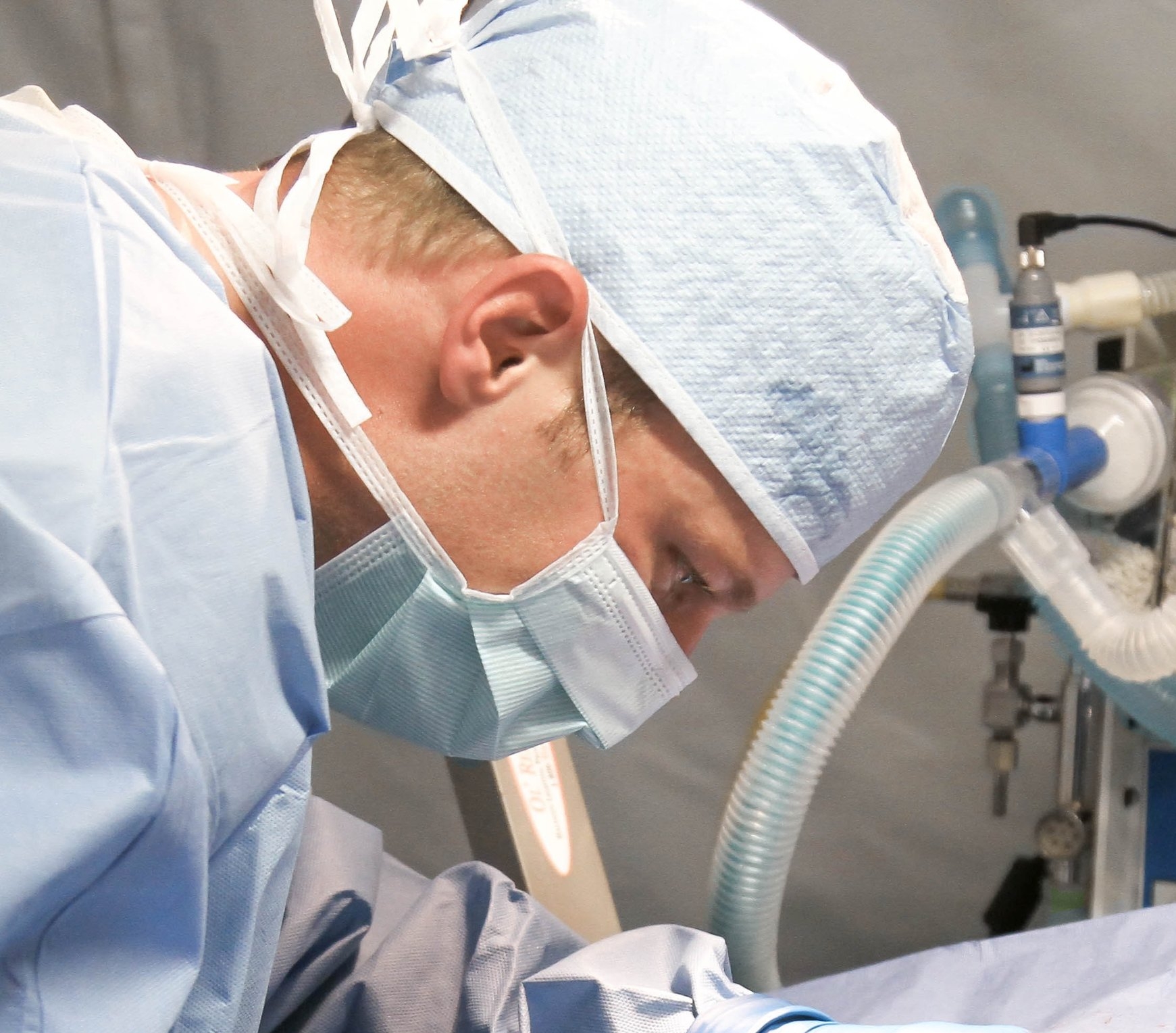Inherent risks, such as infection and blood clots, are associated with orthopedic surgeries and should be considered in decision making between surgical and conservative treatments for musculoskeletal diagnoses. In addition to these inherent risks, patients should also consider other hidden or less common risks after surgery including increased healthcare costs (office visits, additional surgeries, hospitalization) and changes in disability after surgery. A recent study examined additional risks found in patients who elected for arthroscopic hip surgery.
Rhon and colleagues followed 1870 patients treated in the military health system up to 2 years after elective arthroscopic hip surgery to determine their subsequent healthcare utilization (Br J Sp Med. 2018). Specifically, the authors assessed for seven co morbidities (mental health, chronic pain, substance abuse, cardiovascular disoders, metabolic syndrome, systemic arthropathy, and sleep disorders) associated with poor outcomes in the management of musculoskeletal disorders. The incidence of these seven co morbidities at 1 and 2 year follow up was compared to each patient’s pre operative status. Authors reported a statistically significant increase in all seven co morbidities following the surgical procedure. Specifically, authors found significant increases in the following
Chronic Pain – 166%
Systemic Arthropathy – 132%
Sleep Disorders – 111%
Metabolic Syndrome – 86%
Mental Health Disorders – 84%
Cardiovascular Disorders – 71%
Authors concluded, “major clinical co morbidities increased substantially after elective hip surgery compared to preoperative status”.
Previous studies have not shown significant differences in outcomes between Physical Therapy and arthroscopic hip surgery. Thus, patient’s must consider surgical risks in their decision making.

